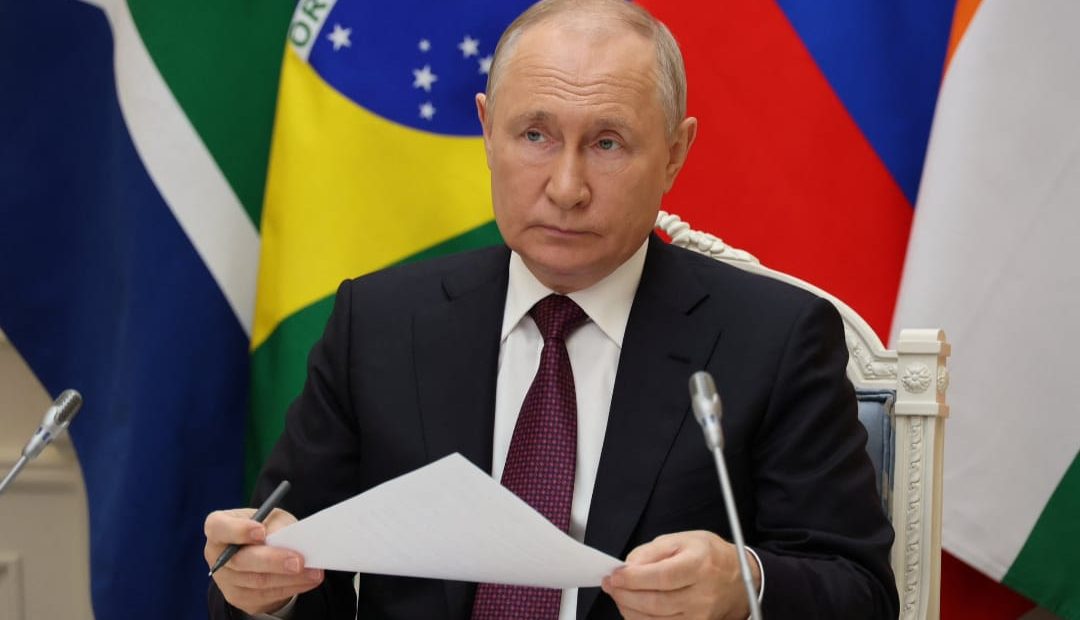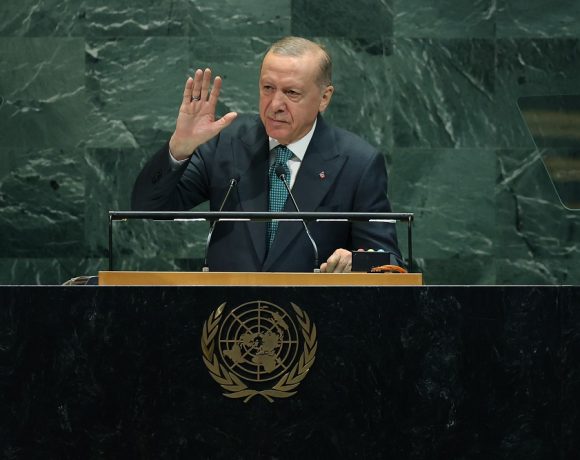
Russia Threatens Action Over Taurus Missile Supply
Russia has sharply escalated its rhetoric amid ongoing tensions with Western nations, following growing discussions about Germany potentially supplying Taurus long-range cruise missiles to Ukraine. Andrey Kartapolov, chairman of the Russian State Duma’s Defense Committee, issued a stern threat, stating:
“Russia is ready to shoot down German Taurus missiles and strike not just the launch sites, but also the decision-making centers in Ukraine.”
The statement, which appears to go beyond previous Russian warnings, suggests that Moscow could directly target Ukrainian government or military command facilities if the missile transfer goes ahead.
The comments have raised significant alarm in diplomatic and military circles, with experts interpreting them as a red line meant to deter the West from upgrading Ukraine’s strike capabilities.
Germany’s Shift on Weapons Range Policy
In recent weeks, Germany has signaled a shift in its arms transfer policy, with Chancellor Friedrich Merz indicating that there are “no longer any range restrictions” on weapons sent to Ukraine. Although Germany has not formally confirmed plans to send the Taurus KEPD 350 missile, Merz’s remarks have been interpreted as a green light for considering such deliveries.
The Taurus missile, jointly developed by Germany and Sweden, has a range of around 500 km and is capable of delivering pinpoint strikes on high-value targets such as bunkers and infrastructure deep within contested regions. For Ukraine, acquiring such systems would significantly boost its ability to strike Russian military assets in occupied territory, as well as strategic supply lines.
Escalation Risks and Geopolitical Tensions
The Kremlin’s reaction underscores the growing unease in Moscow over Western military support that tilts the battlefield in Ukraine’s favor. The specific threat to “decision-making centers” suggests the Russian leadership may no longer limit its responses to military hardware or field operations alone.
This development increases fears of a potential widening of the conflict, with Russian strikes potentially targeting Ukrainian administrative or intelligence facilities. It also puts pressure on NATO countries, especially Germany, to weigh the strategic risks of further involvement against their support obligations to Ukraine.
As the war drags into another year, the specter of more direct confrontation looms larger, turning military aid decisions into geopolitical flashpoints. Whether Germany proceeds with the Taurus supply could be a defining moment for NATO’s collective posture—and Russia’s military calculus.


















